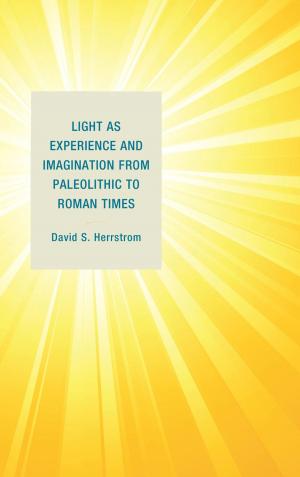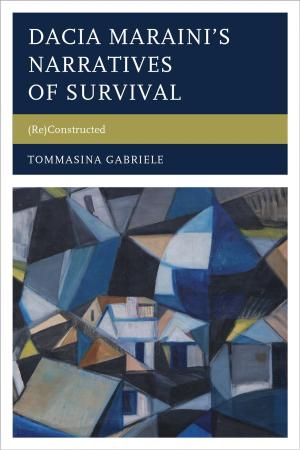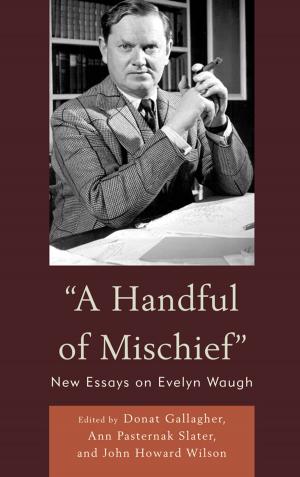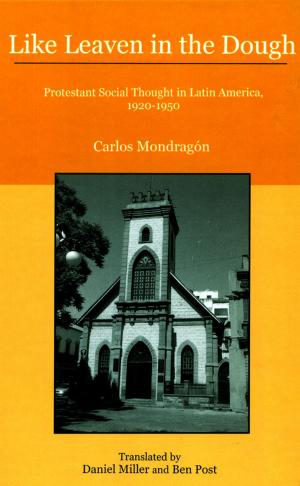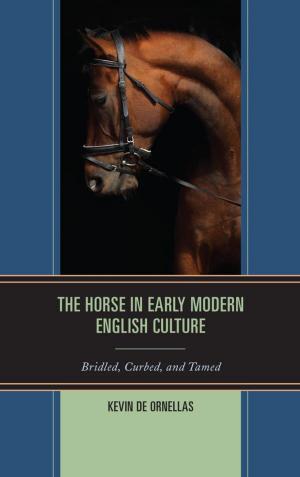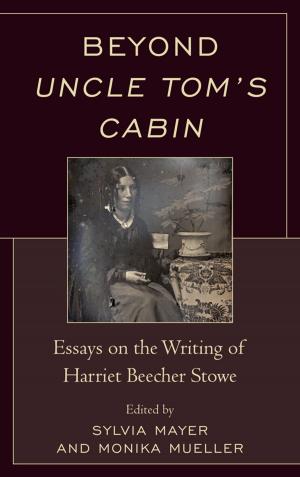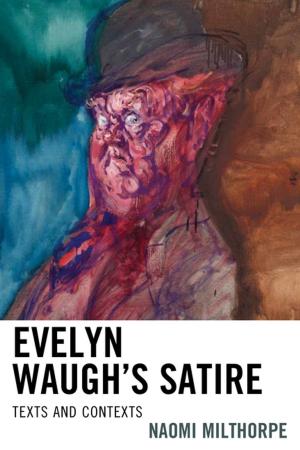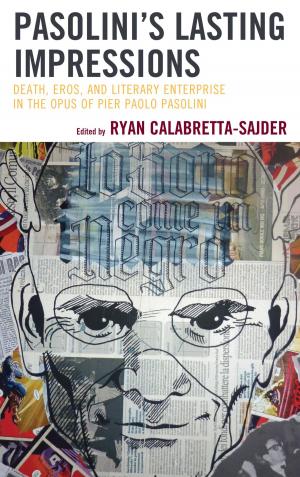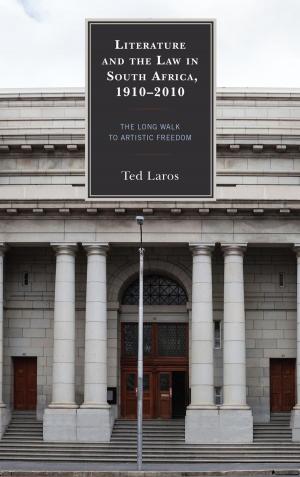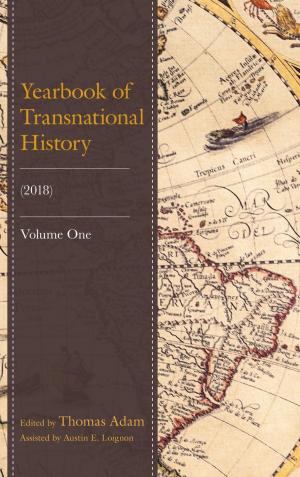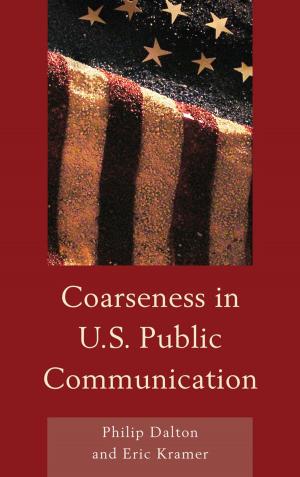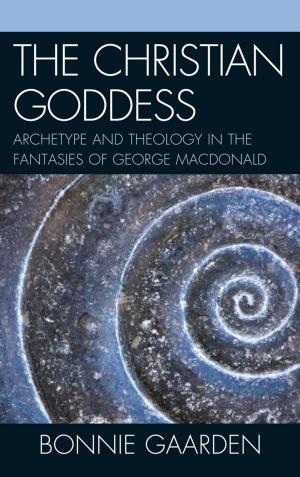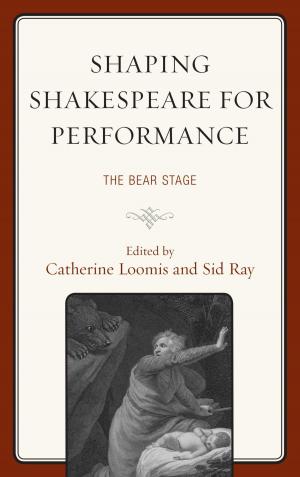Shakespeare and the Cleopatra/Caesar Intertext
Sequel, Conflation, Remake
Fiction & Literature, Literary Theory & Criticism, British| Author: | Sarah Hatchuel | ISBN: | 9781611474480 |
| Publisher: | Fairleigh Dickinson University Press | Publication: | July 16, 2011 |
| Imprint: | Fairleigh Dickinson University Press | Language: | English |
| Author: | Sarah Hatchuel |
| ISBN: | 9781611474480 |
| Publisher: | Fairleigh Dickinson University Press |
| Publication: | July 16, 2011 |
| Imprint: | Fairleigh Dickinson University Press |
| Language: | English |
Is William Shakespeare's Antony and Cleopatra a sequel to the earlier Julius Caesar? If this question raises issues of authorship and reception, it also interrogates the construction of dramatic sequels: how does a playtext ultimately become the follow-up of another text? This book explores how dramatic works written before and after Shakespeare's time have encouraged us to view Shakespeare's Julius Caesar and Antony and Cleopatra as strongly interconnected plays, encouraging their sequelization in the theater and paving the way toward the filmic conflations of the twentieth century. Uniquely blending theories of literary and filmic intertextuality with issues of race and gender, and written by an experienced author trained both in early modern and film studies, this book can easily find its place in any syllabus in Shakespeare or in media studies, as well as in a wide range of cultural and literary courses.
Is William Shakespeare's Antony and Cleopatra a sequel to the earlier Julius Caesar? If this question raises issues of authorship and reception, it also interrogates the construction of dramatic sequels: how does a playtext ultimately become the follow-up of another text? This book explores how dramatic works written before and after Shakespeare's time have encouraged us to view Shakespeare's Julius Caesar and Antony and Cleopatra as strongly interconnected plays, encouraging their sequelization in the theater and paving the way toward the filmic conflations of the twentieth century. Uniquely blending theories of literary and filmic intertextuality with issues of race and gender, and written by an experienced author trained both in early modern and film studies, this book can easily find its place in any syllabus in Shakespeare or in media studies, as well as in a wide range of cultural and literary courses.


